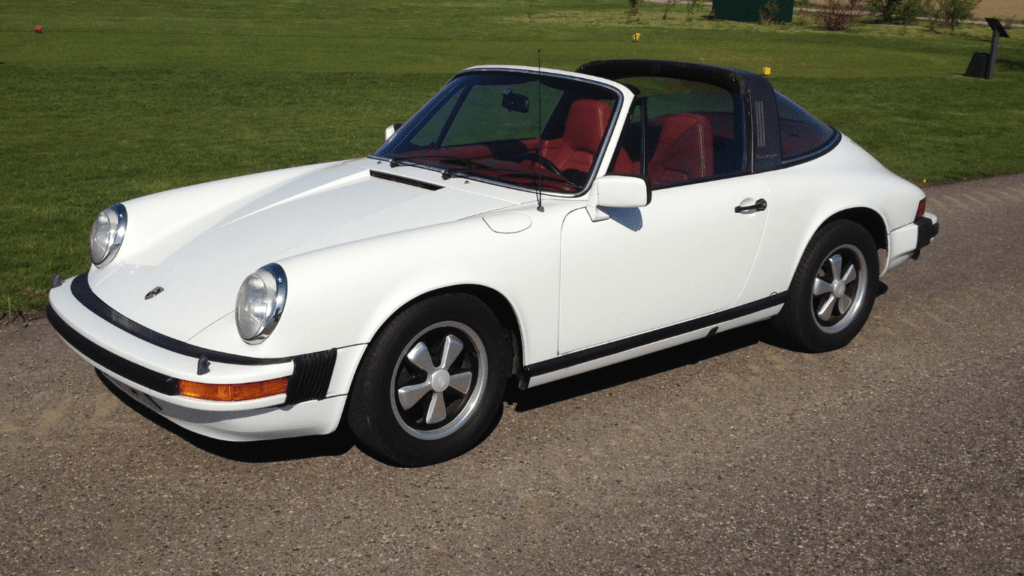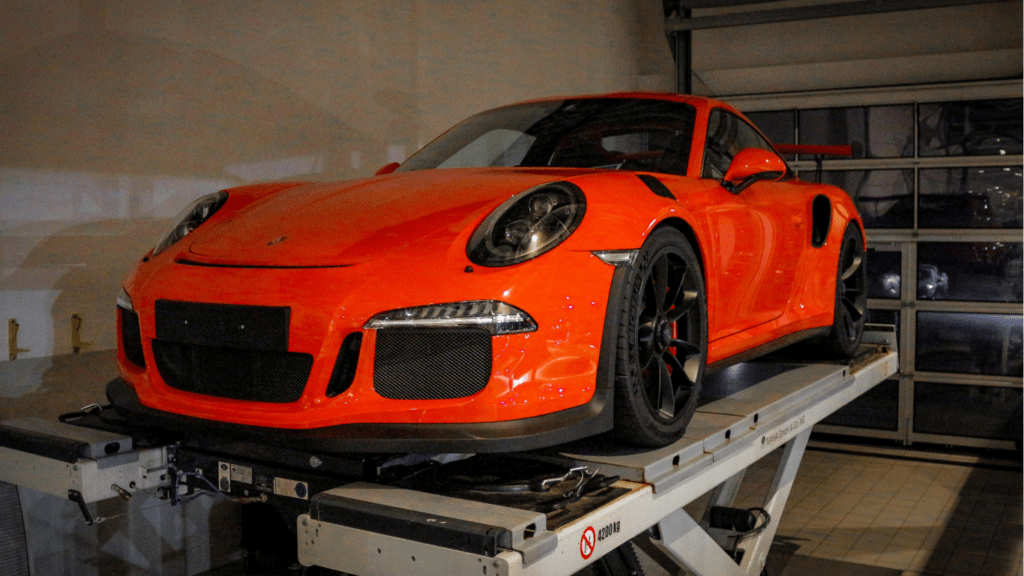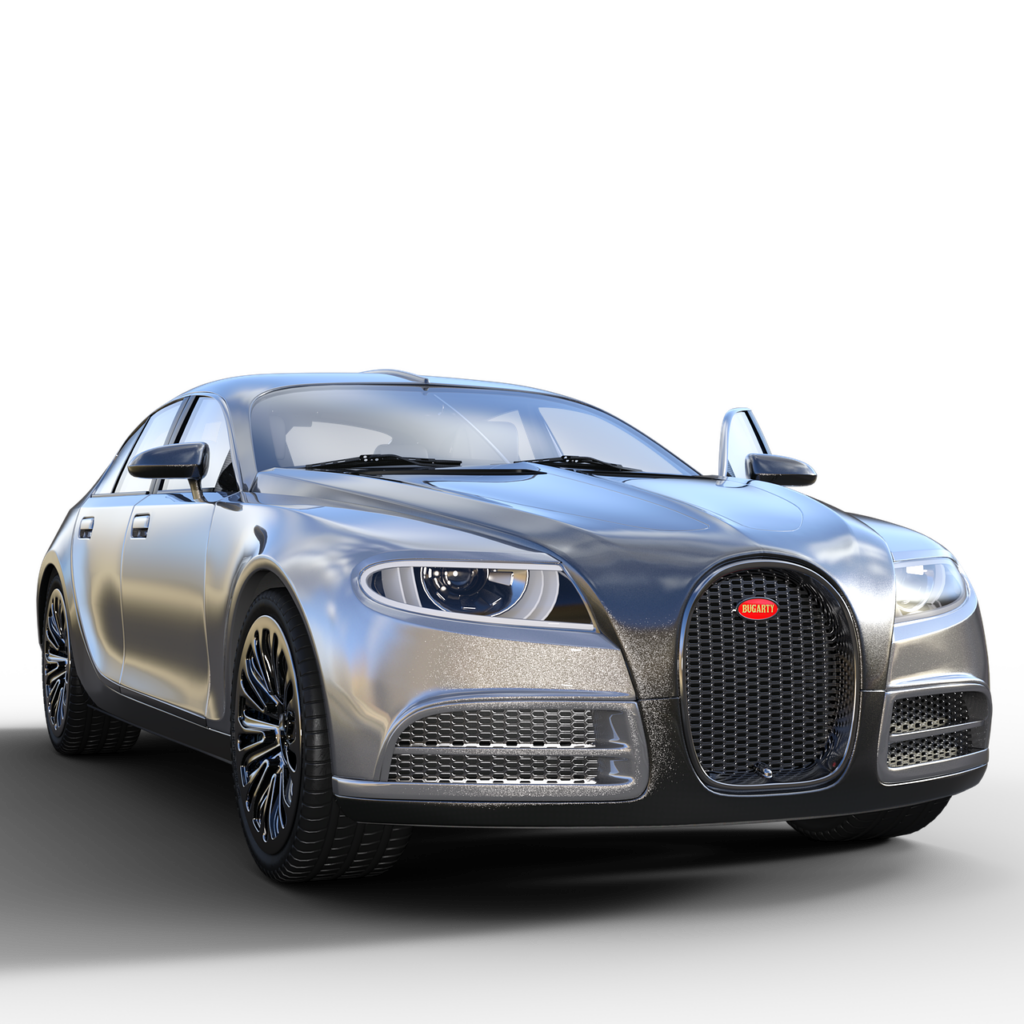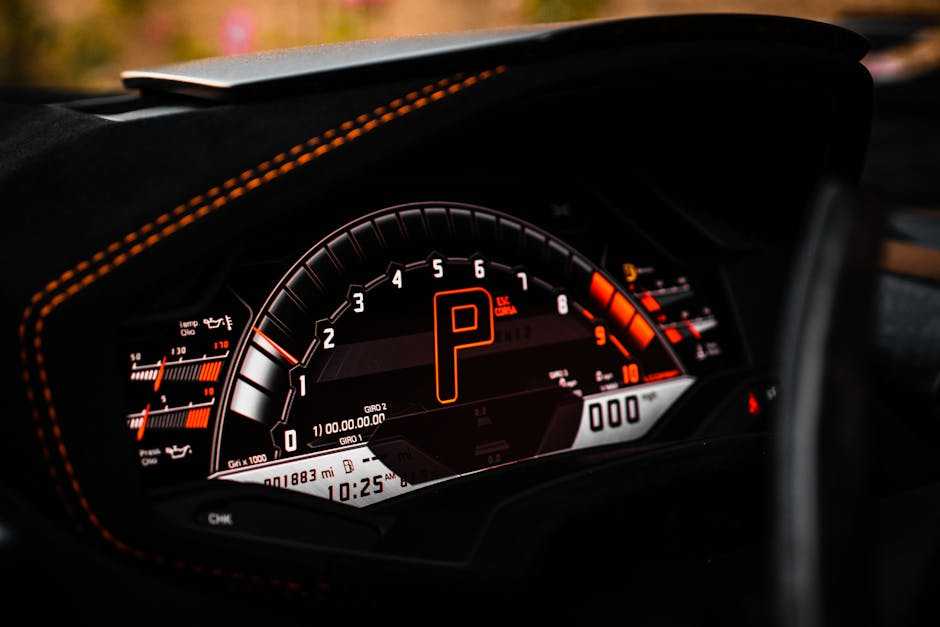Understanding Hybrid Technology
Hybrid technology combines an internal combustion engine with one or more electric motors. This setup boosts fuel efficiency and reduces emissions, aligning perfectly with modern luxury car standards.
What is Hybrid Technology?
Hybrid technology integrates a traditional internal combustion engine with electric motors. It utilizes both power sources either simultaneously or separately, depending on driving conditions. This innovative system recaptures energy through regenerative braking, converting kinetic energy into electrical energy that charges the vehicle’s battery.
Types of Hybrid Systems
Hybrid systems come in three main types, each offering unique benefits:
- Mild Hybrids: These systems use an electric motor to assist the engine, enhancing acceleration and improving fuel efficiency. Mild hybrids can’t run solely on electric power.
- Full Hybrids: Full hybrids can run on just the engine, electric motor, or a combination of both. They automatically switch between power sources for optimal performance and economy. An example is the Toyota Prius.
- Plug-in Hybrids: Plug-ins have larger batteries and can be charged via an external power source. They offer extended electric-only driving ranges, exemplified by models like the Chevrolet Volt.
Benefits of Hybrid Luxury Cars
Hybrid luxury cars offer numerous benefits, blending advanced technology with high-end design and performance. These vehicles redefine what it means to drive a luxury car in the modern era.
Environmental Advantages
Hybrid luxury cars reduce emissions and improve fuel efficiency with innovative technology. By using both an internal combustion engine and electric motors, these vehicles minimize carbon footprints. For example, the Lexus LS 500h and BMW 7 Series Hybrid achieve lower CO2 emissions compared to their traditional counterparts. Advancements in electric power contribute to cleaner air and better urban living conditions.
Cost Savings and Efficiency
Though luxury cars often come with high upfront costs, hybrid models offer long-term financial benefits. Reduced fuel consumption means fewer trips to the pump, saving money over time. For instance, the Mercedes-Benz S560e Hybrid has significant fuel savings, using both electric and gas power. Additionally, some regions offer tax incentives and rebates for hybrid vehicle owners, further lowering overall expenses.
Major Players in the Hybrid Luxury Car Market}

Hybrid technology is reshaping the luxury car market, with several key players leading the charge.
Leading Automakers
Top automakers are embracing hybrid technology in their luxury car lines. Lexus, for example, integrates advanced hybrid systems into models like the LS 500h. BMW offers hybrid versions of its 7 Series, combining performance with fuel efficiency. Mercedes-Benz also stands out, with its S560e Hybrid exemplifying cutting-edge hybrid technology. Porsche enters the market with the Panamera 4 E-Hybrid. Audi joins the trend with the A8 L Hybrid, showcasing luxury and sustainability.
Notable Models
Several models highlight how hybrid technology transforms luxury cars. The Lexus LS 500h seamlessly blends luxury and efficiency. The BMW 745e provides a perfect balance of power and eco-friendliness. The Mercedes-Benz S560e Hybrid focuses on long-term benefits, reducing emissions and fuel costs. Porsche’s Panamera 4 E-Hybrid combines electric power with sporty performance. Audi’s A8 L Hybrid showcases advanced features, offering a premium driving experience.
Here are some of the notable models and their specifications:
| Model | Manufacturer | Powertrain | Electric Range | Combined MPG |
|---|---|---|---|---|
| Lexus LS 500h | Lexus | Full hybrid | Up to 16 miles | 33 |
| BMW 745e | BMW | Plug-in | Up to 17 miles | 56 MPGe |
| Mercedes-Benz S560e | Mercedes-Benz | Plug-in | Up to 25 miles | 50 MPGe |
| Porsche Panamera 4 E-Hybrid | Porsche | Plug-in | Up to 14 miles | 51 MPGe |
| Audi A8 L Hybrid | Audi | Mild hybrid | N/A | 27 |
Automakers continue to innovate, ensuring their models not only meet but exceed customer expectations. The hybrid luxury car market promises exciting developments as these major players advance their offerings.
Technological Innovations
Hybrid technology is driving significant changes in the luxury car market. These innovations enhance performance, sustainability, and driving experience.
Battery and Engine Improvements
Luxury automakers are investing heavily in battery and engine technology. Improved battery capacities enable longer electric-only ranges. For instance, the Mercedes-Benz S560e Hybrid offers a 25-mile electric range. Advanced engine designs improve fuel efficiency and reduce emissions. The Lexus LS 500h, with its V6 engine paired with electric motors, exemplifies this integration, delivering both power and efficiency. These advancements ensure that hybrid vehicles maintain the performance expected from luxury cars while promoting eco-friendliness.
Autonomous Driving Capabilities
Luxury hybrids are also pioneers in autonomous driving technology. Features like adaptive cruise control, lane-keeping assistance, and self-parking are becoming standard. The BMW 7 Series Hybrid incorporates Level 2 autonomous driving, which combines automated steering with adaptive cruise control. This integration transforms the driving experience, merging luxury with cutting-edge technology. Enhanced sensor arrays and improved AI ensure safety and reliability, setting new standards in the luxury car market.
Staying ahead in technological advancements, hybrid luxury cars continue to evolve, promising a future where performance, luxury, and innovation coalesce seamlessly.
Consumer Adoption and Trends
Hybrid technology is gaining traction in the luxury car market, driven by a shift in consumer preferences and market growth.
Market Growth
The hybrid luxury car market has seen significant growth over the past decade. In 2020 alone, hybrid vehicle sales increased by 76% according to the International Energy Agency (IEA). This trend shows no signs of slowing down, with projections indicating continued double-digit growth through 2025. Luxury brands are leading this charge, introducing multiple hybrid models yearly.
Customer Preferences
Consumer preferences are evolving towards eco-friendly and high-performance vehicles. A recent survey by J.D. Power revealed that 55% of luxury car buyers consider hybrid technology a key factor in their purchasing decisions. Features such as silent operation, instant torque, and lower emissions are increasingly important. Models like the Porsche Panamera 4 E-Hybrid and the Audi A8 L Hybrid cater to these demands by blending cutting-edge technology with luxury.
Challenges and Future Prospects
The luxury car market is undergoing a transformation with hybrid technology. Despite significant advancements, challenges persist even as exciting future prospects emerge.
Overcoming Limitations
Range Anxiety: Many potential buyers worry about the limited electric-only range of hybrid luxury cars. For example, the Mercedes-Benz S560e Hybrid offers a 25-mile electric range, which some consumers find insufficient. Automakers invest in developing larger, more efficient batteries to address this issue.
Charging Infrastructure: Inadequate charging infrastructure affects the attractiveness of hybrid luxury cars. Although charging stations are expanding rapidly, they remain less prevalent than traditional fuel stations, which poses inconvenience. Manufacturers collaborate with governments and private entities to build more charging stations, ensuring better access for consumers.
Cost Barrier: Luxury hybrids often come with high upfront costs, deterring some buyers. For instance, the Lexus LS 500h and BMW 745e cost more than their non-hybrid counterparts. However, the long-term cost savings from reduced fuel consumption and potential tax incentives offer a compelling argument for their adoption. Expanding incentives and lowering production costs could make these vehicles more accessible.
Future Trends and Predictions
Battery Innovation: Expect significant advancements in battery technology. Research focuses on creating lighter, more energy-dense batteries, promising to extend electric-only driving ranges and reduce charging times. Solid-state batteries, which are more efficient and safer than current lithium-ion options, are also on the horizon.
Autonomous Driving: Hybrid luxury cars will continue to lead in integrating autonomous driving technologies. Current models like the BMW 7 Series Hybrid already feature Level 2 autonomy. Future advancements could include higher levels of autonomy, reducing the need for driver intervention and enhancing the driving experience.
Increased Consumer Demand: Shifts in consumer preferences toward sustainability and innovation will drive the hybrid luxury market. Projections indicate continued double-digit growth through 2025. Hybrid models from brands like Porsche and Audi will likely see increased demand due to their balance of luxury and eco-friendliness.
Regulatory Support: Governments worldwide are implementing stricter emissions regulations and providing incentives for hybrid and electric vehicle adoption. This regulatory support will push more luxury car manufacturers to adopt hybrid technology, aligning with global sustainability goals.


 Founder & CEO
Founder & CEO
